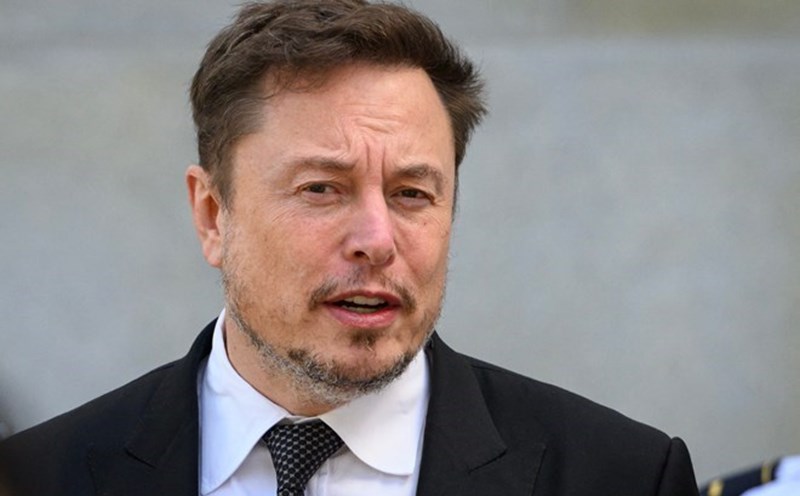Elon Musk - CEO of Tesla and one of the richest billionaires in the world - has just made a controversial forecast at the US - Saudi Arabia Investment Forum. He believes that within the next 10-20 years, work will become completely optional thanks to the explosion of AI and robots.
According to Elon Musk, deciding to go to work at that time would be like choosing to grow your own vegetables in your garden even though you can easily buy them at supermarkets.
Mr. Musk believes that a force of millions of robots will create unprecedented productivity, helping people escape forced labor. This vision is associated with his long-term strategy of turning Tesla from an electric vehicle company into an AI robotics empire, in which Optimus - a human-like robot - is expected to account for up to 80% of Tesla's future value, despite repeated delays.
But not everyone is optimistic. Analysts warn that automation has begun to shake many jobs, especially the new position in the profession of Gen Z. Instead of a bright prospect, many people are concerned that this could be a nightmare of mass job loss.
Elon Musk's statement about a "moneyless future" is particularly noteworthy. He cited the scarce post-apoc gol world in Iain M. Banks' science fiction novel, where super AIs run society and money are no longer necessary.
Mr. Musk believes that if AI and robots continue to develop, money will become less relevant - and he once suggested the idea of "universe high income" to help people live well without having to work.
However, economists say Elon Musk is too optimistic about the pace of technological advancement. AI is cheaper, but robots are still extremely expensive and difficult to scale.
Dr. Ioana Marinescu (University of Pennsylvania, USA) pointed out that physical robots develop very slowly due to high costs and expertise, making comprehensive automation difficult to achieve in 10-20 years.
The Yale Budget Lab report also shows that since ChatGPT was launched in 2022, the US labor market has not recorded the large-scale disruption caused by AI as many predictions.
Even when technology is ready, the political - social problem is more difficult. Dr. Samuel Solomon (H Temple University) believes that the biggest question is whether the wealth created by AI is fairly distributed.
Current reality shows that the gap between rich and poor is widening. AI Ball is bringing outstanding profits to the 7 giants group Apple, Microsoft, Alphabet ( Google), Amazon, Nvidia, Meta ( Facebook) and Tesla while the rest of the economy is in decline.
In addition, profound changes in the social structure can cause a crisis in the meaning of life. Harvard's research from 1938 shows that people find meaning in relationships - most of which are formed at the workplace. If labor is no longer necessary, humanity will have to redefine the purpose of existence.
Even Elon Musk admitted: If machines do things better than you, what is the significance of your life?.











